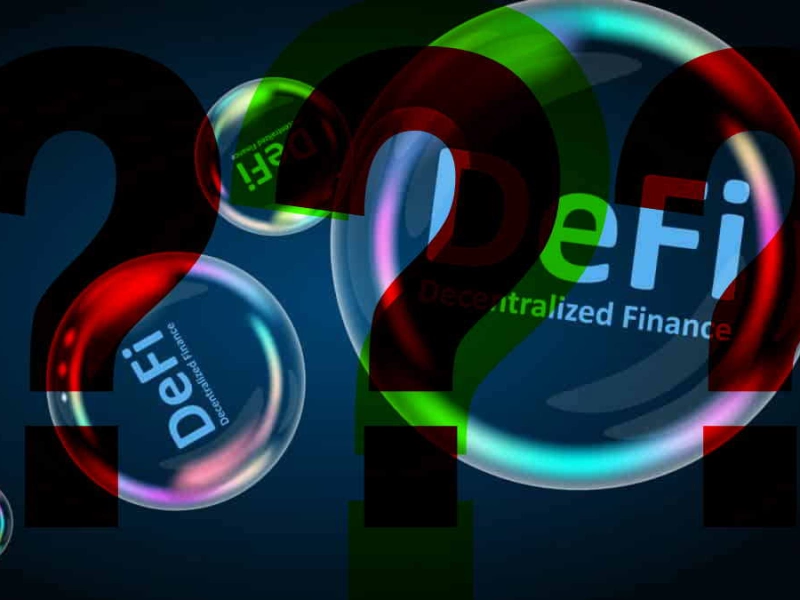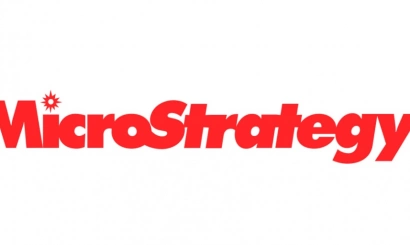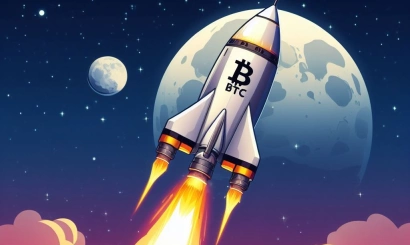Stacking platforms came in second in DeFi sector in terms of funds
Cryptocurrency platforms providing liquid stacking services came in second place in the DeFi sector in terms of funds sent to them
Liquid stacking platforms are recording significant inflows ahead of the Shanghai update to the Ethereum network
Stacking platforms have come in second in DeFi's sector in terms of funds, overtaking lending services. According to DeFi platform Llama, total value locked (TVL) on platforms that provide liquid staking services exceeded $14 billion, while TVL in cryptocurrency lending protocols is about $13.7 billion.
Decentralized DeFi-platforms (DEX) lead in terms of volume of funds. TVL on them is $19.3 billion. However, this category includes 716 services, while the stacking services whose data is collected by the analytics platform is 71.
Over the last month, the TVL of the Lido stacking protocol alone increased by $1 billion to $9.3 billion, while that figure for the leading DEX platforms is almost half as high: Curve has $4.9 billion, Uniswap has $4.1 billion, and Pancakeswap has $2.5 billion.
Rocket Pool's TVL added nearly 20% over the month and exceeded $1 billion, while Coinbase, the exchange's stacking platform, increased 8% to $1.8 billion.
On February 25, the Lido team noted that it recorded the largest daily inflow of funds amounting to more than 150 thousand ETN (about $245 million). According to crypto analyst Lookonchain, these funds were contributed by Tron blockchain founder and Huobi exchange chief Justin Sun.
On February 27, cryptoprotocol specialists from 0xScope noted that Sun continues to contribute funds to stacking on Lido - he sent another 88,000 ETNs (about $144 million) there.
The influx of funds into liquid stacking protocols is due to the fact that the Ethereum network is scheduled to begin updating Shanghai on February 28, which will allow previously blocked ETH funds to be withdrawn from stacking. After it was revealed in January that the developers had decided to focus on this particular upgrade feature, stacking platform token rates soared by dozens of percent and continue to rise.
Lido DAO (LDO), a management token in the Lido ecosystem, rose 26 percent to $3.03 in 30 days; Rocket Pool (RPL) rose 23.6 percent to $48.83.
Rumors of a possible ban on stacking in the United States also contributed to the growth in the popularity of DeFi-protocols from this category. There has been no official confirmation of that yet, but at the beginning of February, Kraken, a large American exchange, closed the stacking for American clients at the request of the U.S. Securities and Exchange Commission (SEC).
- Mastercard will introduce cryptocurrency payments in DeFi services and metacities
- Japan to launch pilot testing of digital currency system in April
- Hackers who stole over $300k fake the website of a major cryptocurrency conference
- Dollar Stablecoins are leading the market. What could come as a replacement?
- EU authorities have changed their mind about banning anonymous cryptocurrencies
- Investment idea: Earn on a real project, not on promises
- Capitalization of the Binance cryptocurrency exchange's stablecoin fell by $5 billion in 2 weeks







